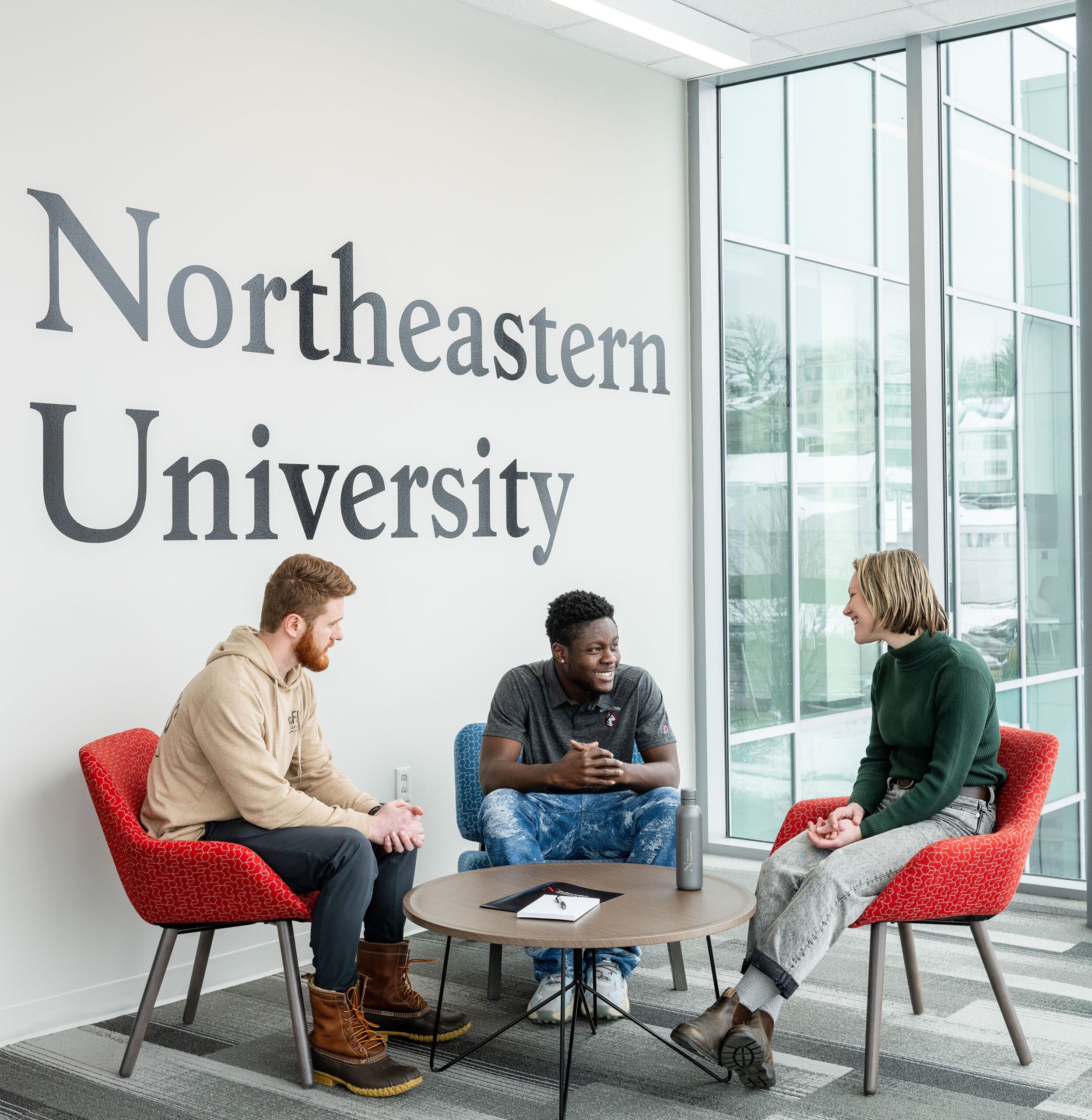Samuel Scarpino
Director of AI + Life Sciences, Institute for Experiential AI; Professor of the Practice, Bouvé College of Health Sciences and Khoury College of Computer Sciences
Samuel V. Scarpino, PhD, is the director of AI + life sciences at Northeastern University and a professor of the practice in health and computer sciences. He holds appointments in Northeastern’s Institute for Experiential AI and the Network Science Institute, Global Resilience Institute, and the Roux Institute. In recognition for his contributions to complex systems science, he was named a fellow of the ISI Foundation in 2017, an external professor at the Santa Fe Institute in 2020, and an external faculty member at the Vermont Complex System Center in 2021.
Prior to joining Northeastern, Scarpino was the vice president of pathogen surveillance at The Rockefeller Foundation, chief strategy officer at Dharma Platform (a social impact, technology startup), and co-founded a data science initiative called Global.health, which was backed by Google and The Rockefeller Foundation. Outside of these roles, he has over 15 years of experience translating research into decision support and data science/AI tools across diverse sectors from public health and clinical medicine to real estate and energy.
Scarpino is a regular presence in the news, providing over 500 interviews to outlets such as Good Morning America, The Wall Street Journal, Vice News, and NPR. He has authored close to 100 academic publications, which have been cited over 8,000 times. Scarpino’s work has appeared in journals such as Nature, Science, Nature Medicine, PNAS, Clinical Infectious Diseases, and Nature Physics. The New York Times, Wired, the Boston Globe, National Geographic, and numerous other venues have covered his research. Scarpino earned his doctoral degree from The University of Texas at Austin in 2013 and was Santa Fe Institute Omidyar Fellow from 2013 – 2016.
Scarpino’s partner was born in Lincoln County, Maine and they visit regularly throughout the year.
Research Overview
Life’s major transitions are—at their core—aggregation events. From self-replicating molecules to human socio-technical systems, the evolutionary trajectory of living systems is organized around the emergence of groups from previously independent entities. Put differently, the “rules of life” are governed by networks. My group’s research is focused on advancing a network science theory of living systems by integrating mathematical and computational models with data from experimental and observational systems.
In my new role as director of AI + Life Sciences at Northeastern University, we approach the integration of data and models by coupling artificial intelligence (AI) to experimental and observational systems. I refer to our integrative, iterative research process as wet-lab-in-the-loop AI. But—whether computer scientists know it or not—most AI systems are themselves the product of network science! So, closing the loop, we are also feeding-back our improved understanding of the mathematics of living, networked systems on the architecture of deep neural networks and leveraging network science to improve our understanding of the structure/function of AI systems. Simultaneously, our group is using network science to learn about life and improve AI.
Areas of Expertise
- Complex systems and network science
- Machine learning and AI
- Life sciences, public health and quant epi
Publications
- Kraemer, M. U., Yang, C. H., Gutierrez, B., Wu, C. H., Klein, B., Pigott, D. M., … & Scarpino, S. V. (2020). The effect of human mobility and control measures on the COVID-19 epidemic in China. Science, 368(6490), 493-497.
- Diamond, M. B., Keshaviah, A., Bento, A. I., Conroy-Ben, O., Driver, E. M., Ensor, K. B., … Scarpino, S. V. (2022). Wastewater surveillance of pathogens can inform public health responses. Nature Medicine, 28(10), 1992-1995.
- Des Marais, D. L., Guerrero, R. F., Lasky, J. R., & Scarpino, S. V. (2017). Topological features of a gene co-expression network predict patterns of natural diversity in environmental response. Proceedings of the Royal Society B: Biological Sciences, 284(1856), 20170914.
- Scarpino, S. V., & Petri, G. (2019). On the predictability of infectious disease outbreaks. Nature communications, 10(1), 898.
- Althouse, B. M., & Scarpino, S. V. (2015). Asymptomatic transmission and the resurgence of Bordetella pertussis. BMC medicine, 13, 1-12.
- Read more on Google Scholar
Related Links
- Samuel Scarpino’s passion for artificial intelligence and why Northeastern is a global leader in AI
- Disease surveillance leaves out the communities that need it most
- Samuel Scarpino, Faculty Expert at Northeastern University
- Samuel Scarpino, The Institute for Experiential AI at Northeastern University
- Samuel Scarpino, Network Science Institute at Northeastern University

